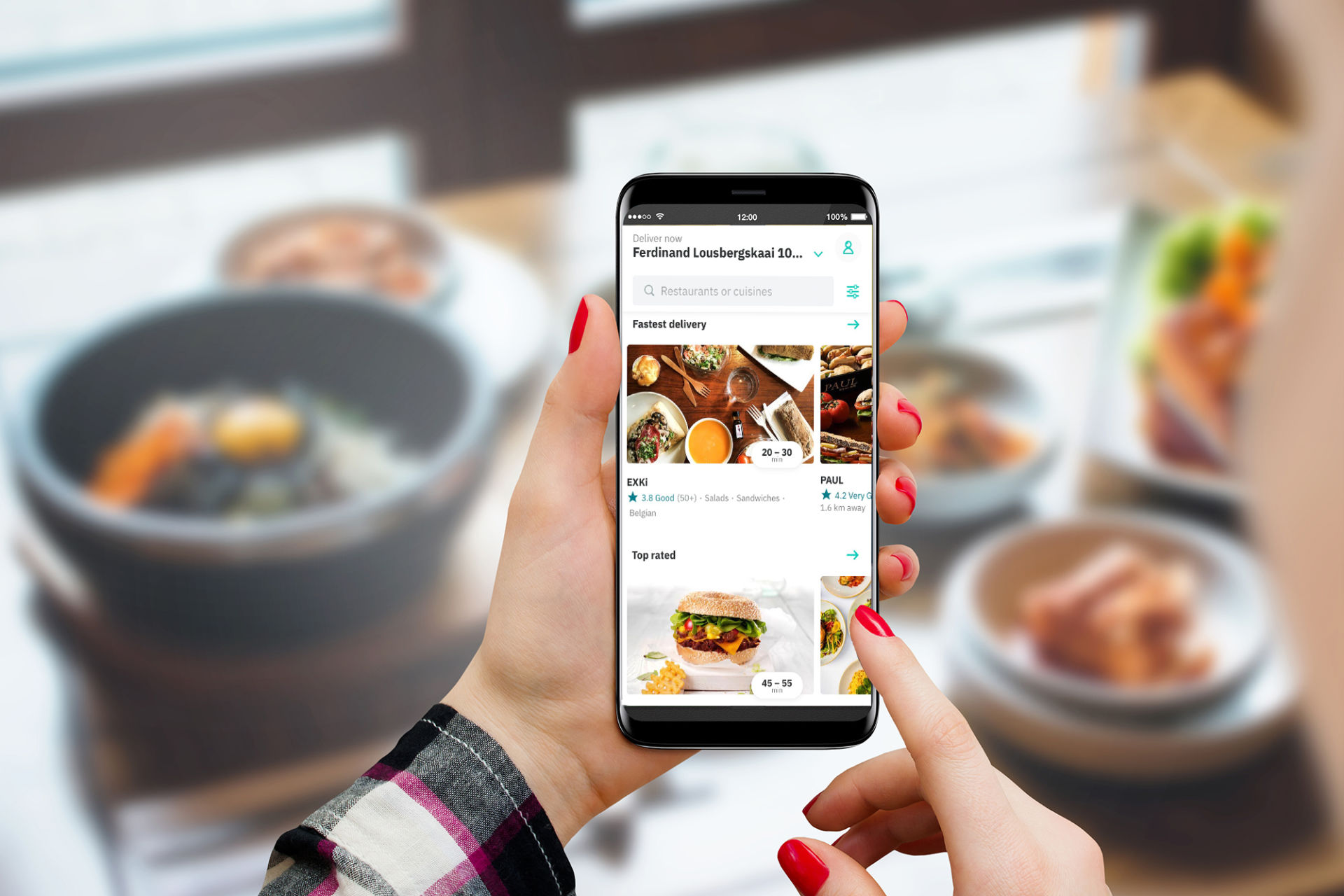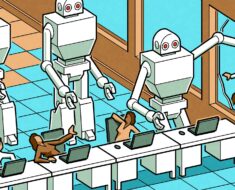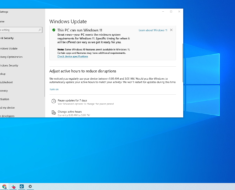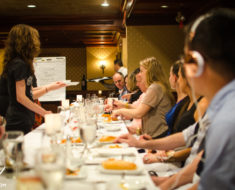
The delivery industry has been around forever, but technological innovations in recent years have transformed it completely. In particular, phone applications such as DoorDash, Grubhub, and Postmates have become the stars of the show, surpassing more traditional delivery methods.
Although delivery apps have been around as long as smartphones, they became incredibly popular during the COVID-19 pandemic.
As people were stuck at home for months on end with limited options for going outside, they often turned to delivery apps to bring them food and explore new culinary options.
However, the financial condition many people find themselves in in the post-pandemic era is less than ideal and utilizing delivery services is becoming increasingly less preferable.
Using delivery apps is markedly more expensive than going out to eat or even using more traditional delivery services as tips and fees increase the costs quite a lot. As extremely high levels of inflation are eating into a lot of people’s incomes, these added costs, while once tolerable, have become incredibly unattractive.
Beyond just lowering the market share of delivery apps traded publicly, the public’s move towards using delivery services less and less has serious implications for the delivery industry and the food industry in general.
Delivery apps have always notoriously suffered with profitability issues, despite their high degree of investment. This post-pandemic switch to people not using delivery apps as much could seriously compromise delivery companies’ ability to stay afloat as cash flows become much less robust.
This decrease in the popularity of apps also has major implications for smaller food establishments. In many ways, delivery apps have provided a great way for non-corporatized restaurants to compete with larger chains as they make food more accessible to a greater number of people.
However, the decreased popularity of delivery services means that restaurant chains, which have greater flexibility and public visibility, will have an advantage when compared to other types of restaurants, which will likely struggle to stay open in the near future.
Dil Bole Oberoi





